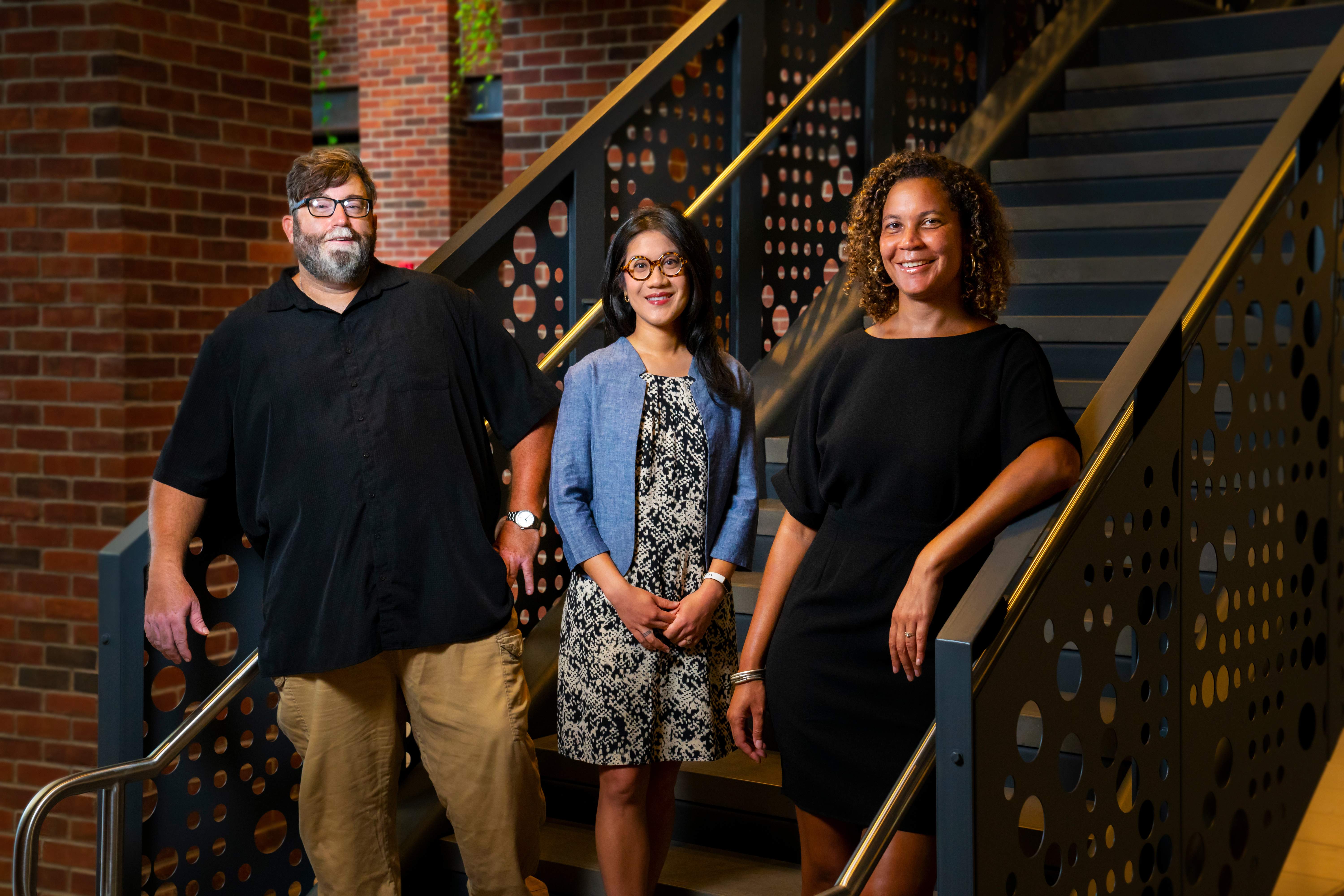The Class of 2026 has arrived, and this year’s group of incoming students has hit the ground running in hopes of being at the back end of the COVID-19 pandemic. This group comes to college having lived much of their high school years with disruptions and due to COVID-19 are looking for a sense of “normal.” This experience has been impactful to this new group of students, who like any incoming class, has a unique take on cultural references and interests.
Each year, the Marist Mindset List is crafted as a “cultural compass” exploring the triumphs and challenges for incoming college students. Also known as the “always/never” list, the Marist Mindset List digs into topics spanning public health in addition to political, computer, and environmental sciences as well as fashion and diversity, and equity and inclusion. The list features 10 items in all, which include additional reading in the form of links to sources and, in some cases, living examples of items. Much of the Class of 2026 was born in 2004, so cultural references were entered with that in mind.
The list is compiled each year by the Marist Mindset team of Tommy Zurhellen, associate professor of English; Dr. Vanessa Lynn, assistant professor of criminal justice; and Joyce Yu-Jean Lee, assistant professor of art and digital media.
“The Marist Mindset List for the Class of 2026 is particularly interesting to me, because we’re seeing how incoming students react to the gradual end of the pandemic that has already affected their academic paths in so many ways,” said Zurhellen. “COVID may be waning, but COVID fatigue is still very much a factor in the choices our students make. This year’s list certainly reflects that unique trend.”
“While every Marist Mindset List has explored what touches and impacts an incoming class, this year we also see how many of the phenomena listed impact so many of us,” said Lynn, Marist Mindset Faculty Fellow. “I'm excited about that, because the list can be truly intergenerational.”
The annual Mindset List was created at Beloit College in Wisconsin to reflect the world view of entering first year students—and to help faculty understand incoming classes. In 2019, the list moved to Marist, becoming the Marist Mindset List. Under the direction of Zurhellen, who is a Beloit alumnus, the list has become a collaborative effort each year with Marist faculty and students from different disciplines with diverse backgrounds.
The 2022 Marist Mindset List for the Class of 2026
- Sports Communication
- The Class of 2026 has always known LeBron James as the most recognizable sports icon on the planet. LeBron James entered the NBA in 2003 and in 2004, the year many of the Class of 2026 were born, his jersey topped the best-seller list for the first time; in 2022, James’s jersey still tops the list.
- Political Science
- For incoming students, Hillary Clinton has always had a more significant role in American politics than Bill Clinton. Although older Americans may think of Hillary Clinton as primarily First Lady from the 1990s, incoming students born in 2004 only know her as a United States senator, secretary of state, and contemporary presidential candidate.
- Computer Science
- Created in 2004, Facebook has been active for the entire lives of the Class of 2026. Although Facebook is only 19 years old, many incoming students already see the social media platform as outdated, preferring newer platforms such as TikTok and Instagram.
- Ethics
- Incoming students are the first generation in 50 years who must include their own reproductive rights as part of their overall college decision. The recent Supreme Court decision to overturn Roe v. Wade will affect so many decisions for young women, who currently make up 59 percent of college students in America.
- Global Studies
- The Class of 2026 will be the first since the “Duck and Cover” generation of the Cold War to live with the real possibility of world war and global conflict. The Russian invasion of Ukraine echoes the experiences of growing up during the Cold War, but today’s digital technology makes the images of war much more visceral.
- Environmental Science
- The debate on climate change is over. Incoming students are now the first generation faced with the omnipresent reality to actually effect change to combat global warming. Greta Thunberg has set the stage for youth activism; now, incoming students are part of a new generation increasingly demanding legal reforms to improve future generations’ lives.
- Diversity, Equity, and Inclusion
- The Class of 2026 is the first cohort in recent memory for whom knowledge about a diverse country and world is actually regressing. Thirty-five states have recently introduced and/or passed legislation to either ban or censor teaching about race, sexual orientation, gender identity, and American history in schools.
- Public Health
- Incoming students are still recovering from the mental health impact of COVID and COVID fatigue. Mental health has been an issue for some time, but the Class of 2026 is still recovering from the effects of the pandemic on their mental health.
- Education
- The Class of 2026 is the first to realistically see the possibility of canceling or reducing student debt. The Biden administration has publicly announced its determination to tackle the rise of crippling student debt. Will they get results?
- Fashion
- Incoming students are aware of fashion sustainability, but nevertheless social media and influencer culture draw them to cheaper and faster options from online retailers. Students have a better understanding of sustainability than previous generations, but their consumer choices do not reflect a strong commitment to protecting the environment.
See a full breakdown of this year’s Marist Mindset List for the Class of 2026 here.

